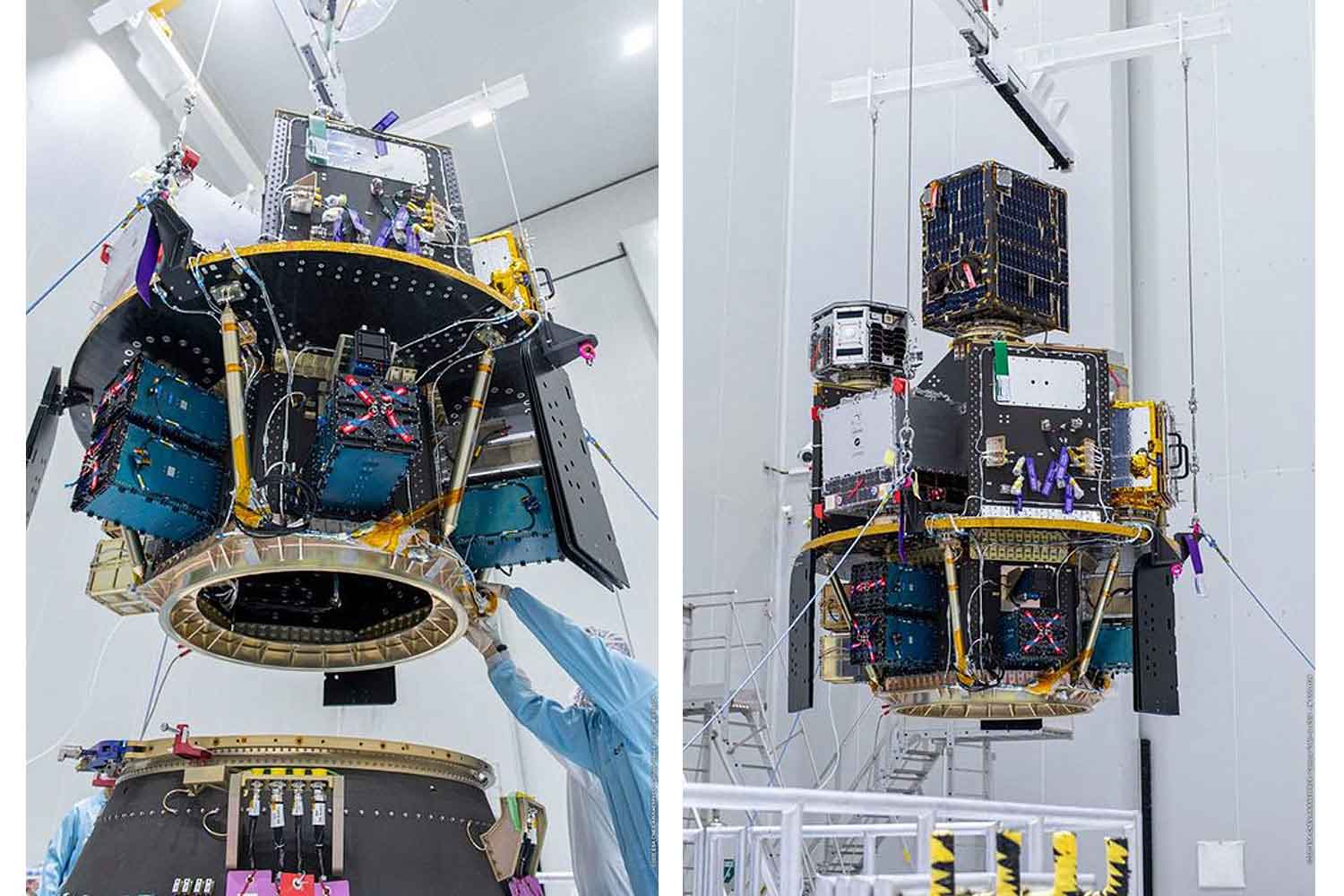
Napa-1, Thailand's first military satellite, is reportedly set to be launched on Friday following months of delay due to technical problems and Covid-19.
The Royal Thai Air Force (RTAF) will launch it into space at 8.51am local time using an Ariane Vega rocket from the Ariane Launch Area 1 in French Guiana, South America, according to an RTAF source on Monday.
The launch has been postponed three times, first in September and then in December due to technical issues. The satellite was supposed to be launched in March, but it was put off again because of the Covid-19 outbreak.
Napa-1 is the Thai air force's first satellite. It will primarily be used to observe and survey Thai air space for defence and national security purposes. It will also be used to detect hotspots to prevent bushfires and water resources to combat floods or drought.
The source said Napa-1's cameras will play a crucial role in the RTAF's defence system, strengthening national security and preventing threats.
The air force purchased the satellite from Innovative Solutions in Space, a small satellite manufacturer based in the Netherlands.
Napa-1 is technically a CubeSat 6U model and will begin work when it finally goes into orbit approximately in the middle of this year. It will work in tandem with the Napa-2 satellite, scheduled to be launched in July.
Its cost has not been revealed but AVM Supijjarn Thamwatharsaree, chief of RTAF's Space Operation Centre (Spoc), said earlier it cost "less than 100 million baht".
Spoc was set up in August to enhance RTAF's capacity in space.